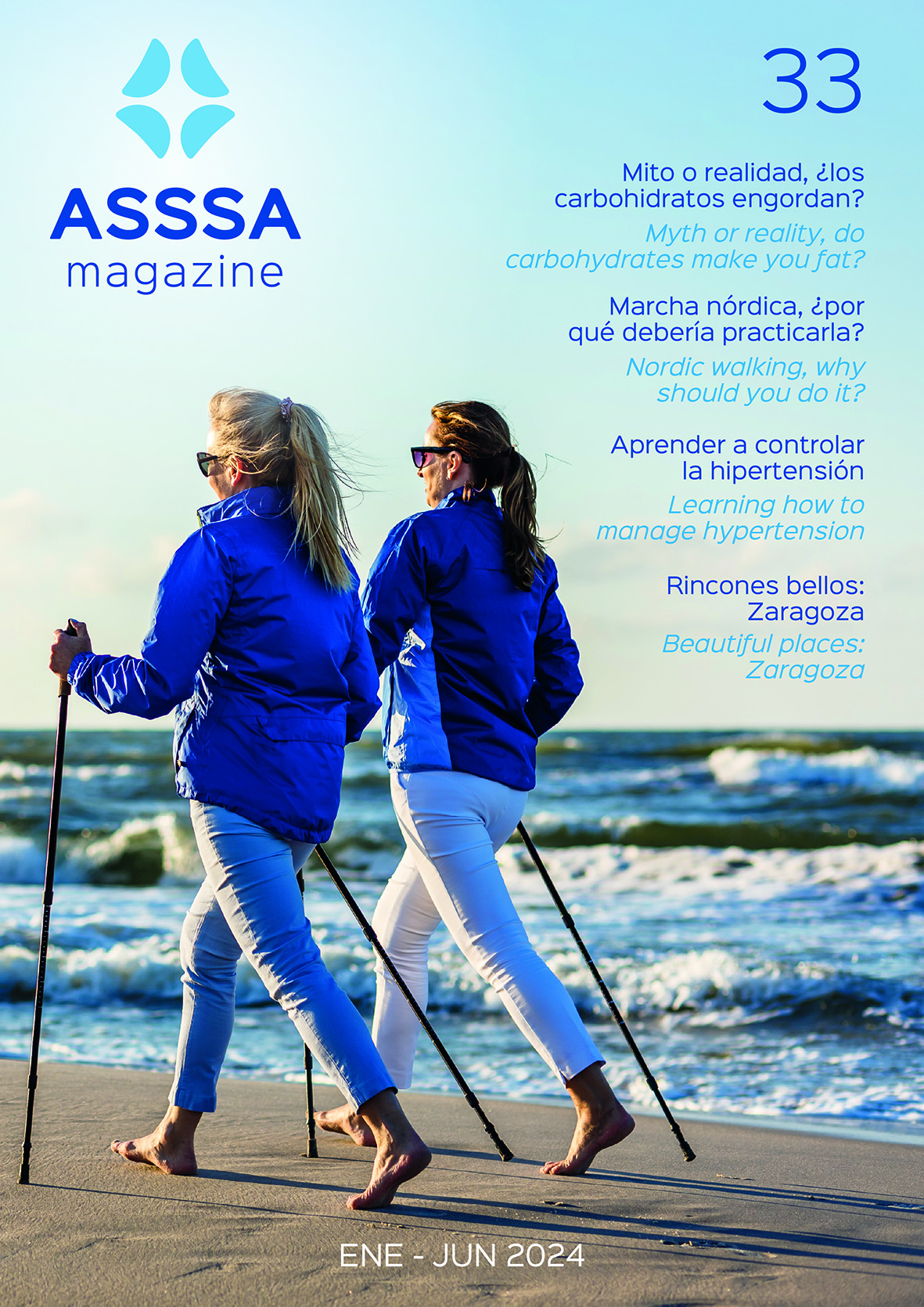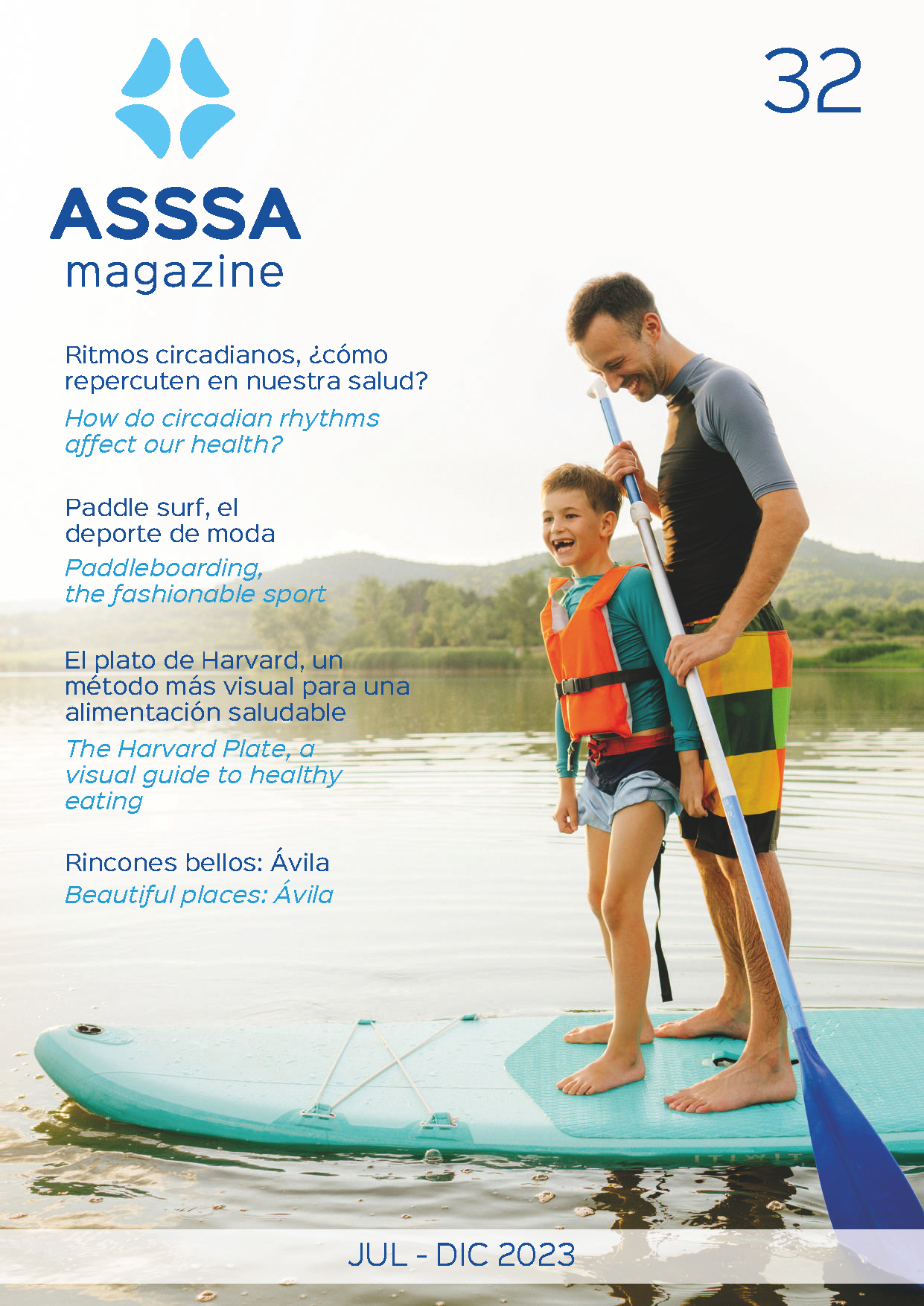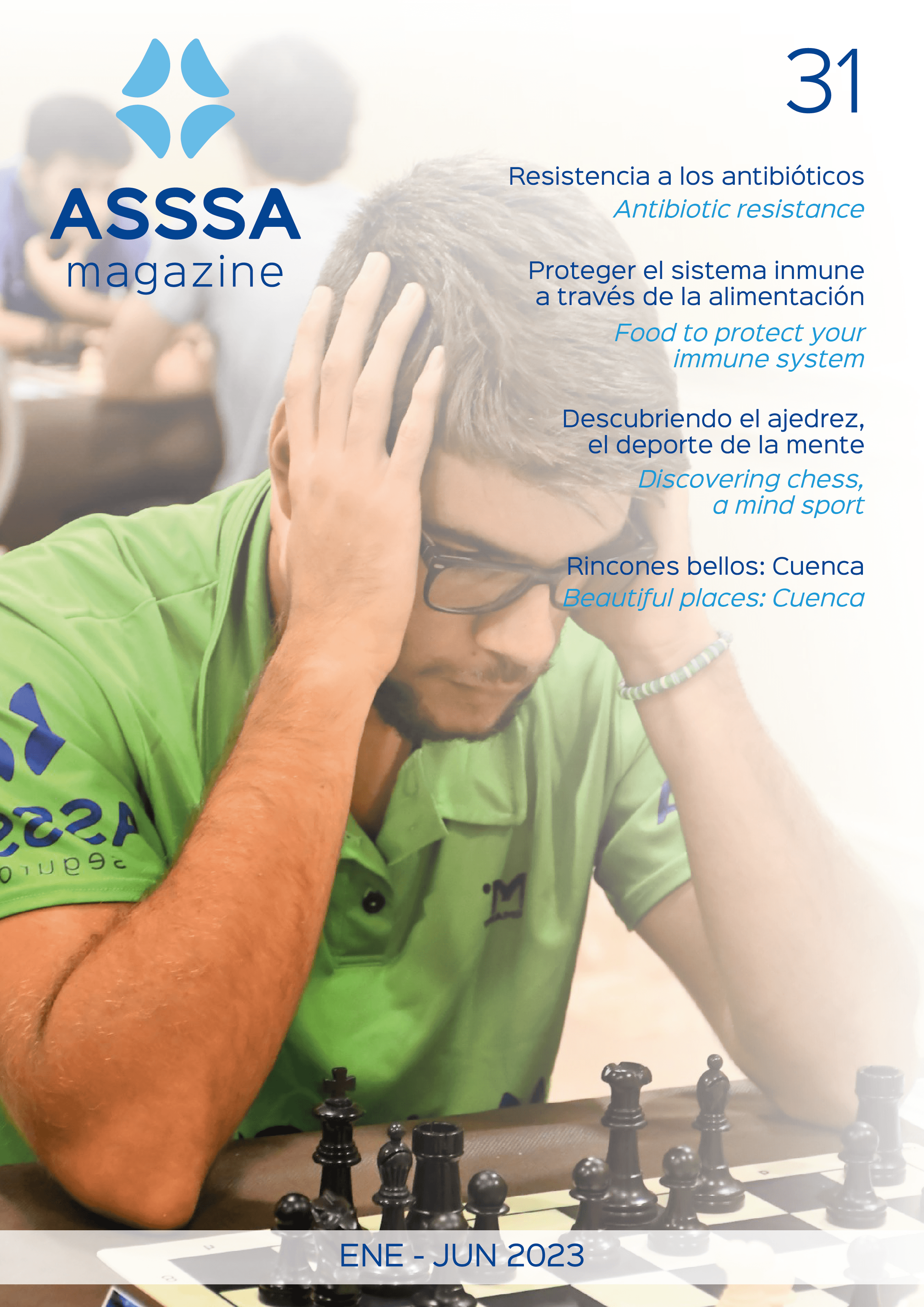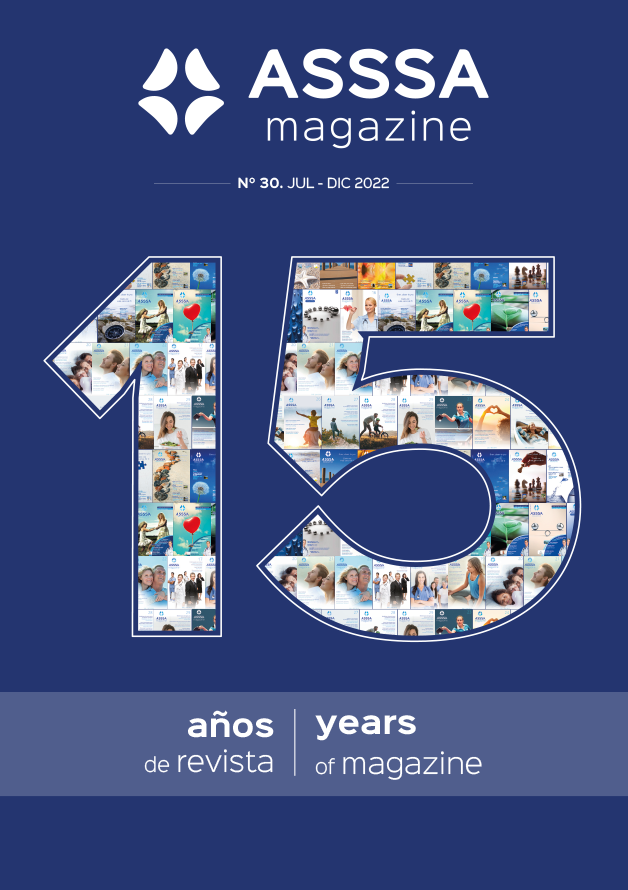
Nowadays, surgery is the only effective treatment possible for removing cataracts and there are no medicines or therapies that can help prevent them or delay their appearance.
The first symptoms of a cataract are having blurred sight or trouble with bright lights, coupled with a loss of sight. Developing a cataract is often associated with advancing age and generally happens in people aged over 50. The condition is linked to ageing of the lens, with no apparent cause. Some cataracts may lead to short-sightedness, glaucoma, inflammation, etc. Some cataracts are formed as a result of side effects from medication for conditions such as diabetes, or may be caused by over-exposure to bright sunlight without proper protection, a blow to the head or some kind of previous eye surgery. What is clear is that surgery is the only solution for the disease.
The operation takes just 10 minutes, there is no need for patients to be admitted to hospital and normal activity can be resumed in just a few hours. The emulsification of the lens may be carried out by using either ultrasound or laser. Cataract surgery, should you wait before having an operation? If the cataract is not removed within a suitable time it gradually hardens, which may eventually make it more difficult to remove. When surgery is delayed, the operation becomes more complex and the outcome may not be as satisfactory as when it is carried out at an earlier stage in the development of the condition. Advantages of cataract surgery Patients are treated as day cases without the need for an overnight stay. The operation takes 10 minutes. The surgery is performed under local anaesthetic administered through a drip. The procedure is painless. More injury resistant. There is no need to cover the eye. The operation requires few post-operative visits. If patients were using glasses with multi or trifocal lenses, they will no longer be needed.
Dr. Enrique Chipont-Medical Director of Oftálica
The information published in this media neither substitutes nor complements in any way the direct supervision of a doctor, his diagnosis or the treatment that he may prescribe. It should also not be used for self-diagnosis.
The exclusive responsibility for the use of this service lies with the reader.
ASSSA advises you to always consult your doctor about any issue concerning your health.











